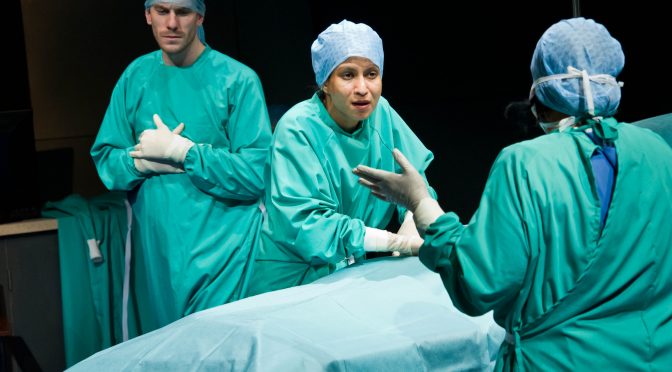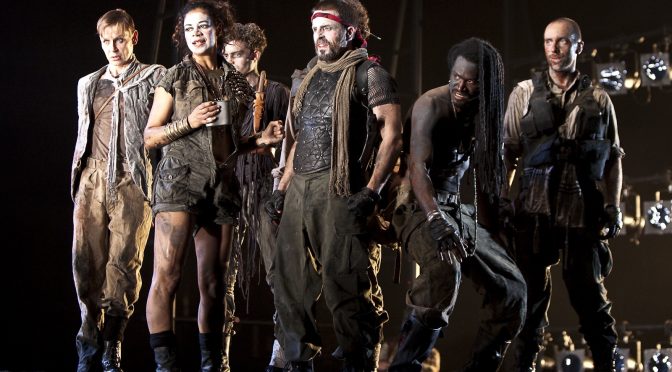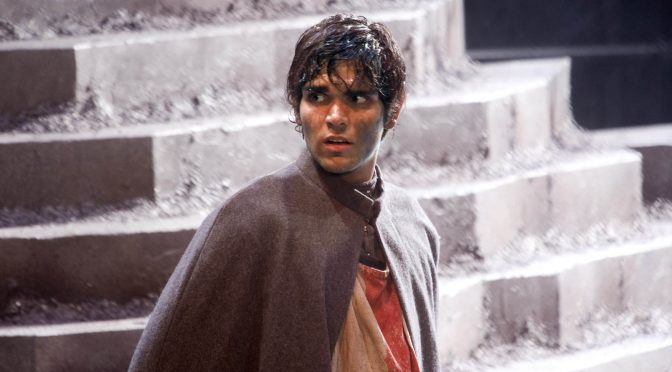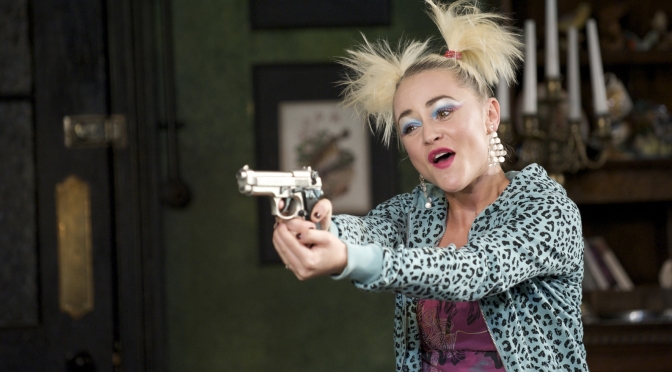Having a playwright direct their own work might set off sirens – their proximity to the text risks a self-indulgent treatment. But it is a false alarm at the Hampstead Theatre, where Nina Raine faultlessly breathes life into Tiger Country. The vision she has for her work has proved contagious, transforming the auditorium and empowering an ensemble cast to perform superbly.
Raine is known for her extensive research. She spent three months with doctors and nurses to prepare for this new play about the NHS. The politics are subtle, the drama of surgery intense, and the focus is the impact the job has on its practitioners.
Emily, a just qualified Senior House Doctor, encounters expressive dysphasia (‘when you know what to say but you can’t say it’), and not just in her patients. Ruth Everett skilfully portrays this eager intern, on whom the pressure of her decisions starts to weigh physically.
The internal politics of the NHS also take their toll. Vashti, a Registrar, faces the dilemma of giving up her career path when a member of her family is mistreated in the hospital. Thusitha Jayasundera is wonderful in the role. Like many of the surgeons she seems a most unsympathetic character, but her bedside manner reveals a moving, tender side.
The dangers surrounding the doctor’s decisions mean they live in ‘tiger country’ – always on the edge. Pip Carter and Henry Lloyd-Hughes show this tension admirably. With an eye to class, and an obsession with hierarchy, these medics are forced to role play and sometimes behave like animals; it’s a fight for them to retain their humanity and a sense of gratitude for life.
Raine’s script in infinitely richer that your average hospital drama. Her insights make the play a rare beast indeed – informative. Yet it is the lives of these well-drawn characters from which the drama radiates. There’s enough sex and death here for any soap. This is Casualty on steroids. Alongside its other admirable qualities, Tiger Country is hugely entertaining.
Until 5 February 2011
Photo by Robert Workman
Written 20 January 2011 for The London Magazine




